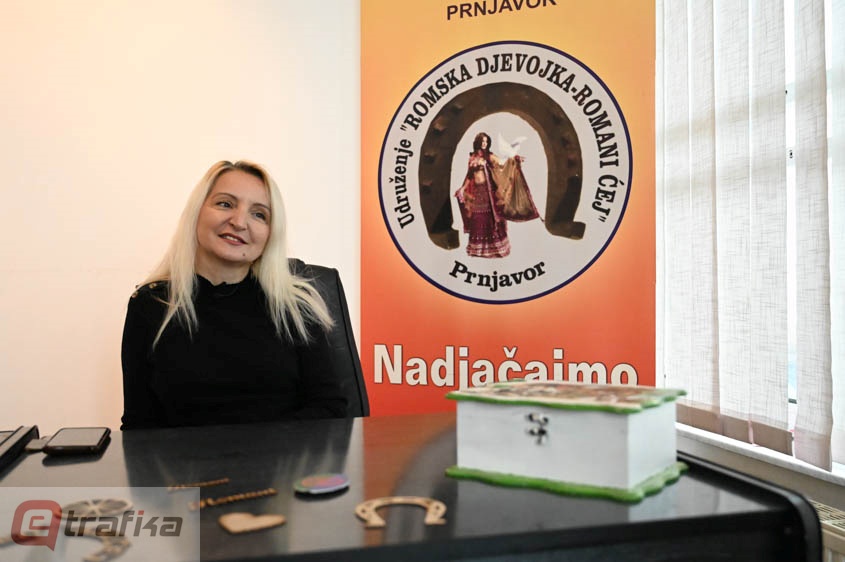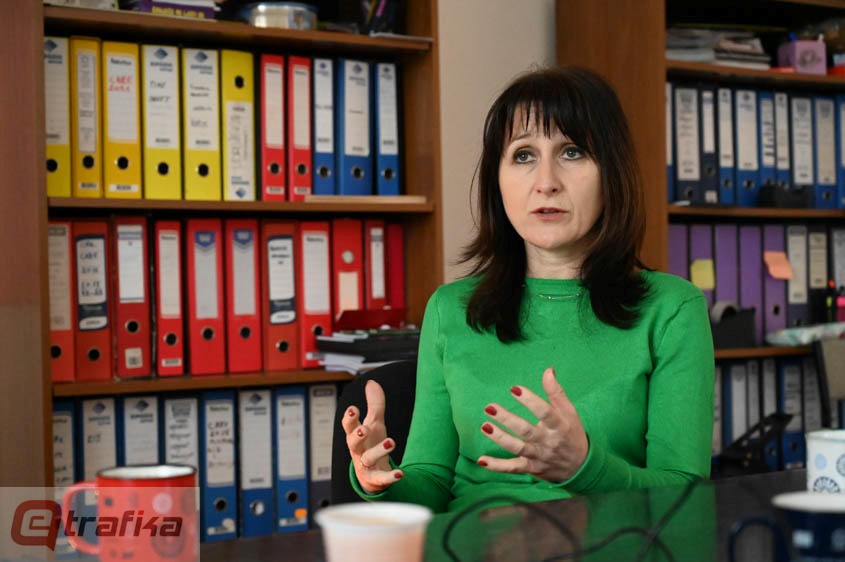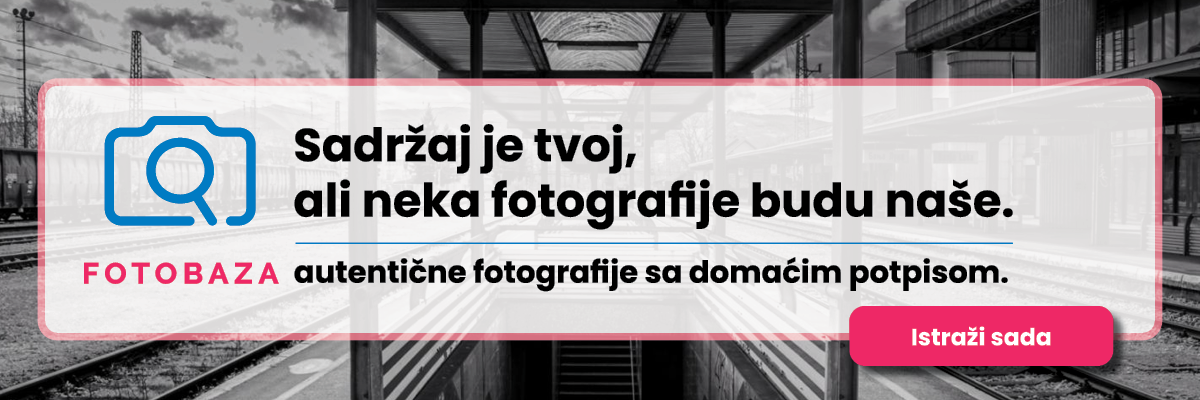Family violence puts every woman in a difficult and a complicated position. The situation is even worse if it happens to a woman who experiences multiple marginalisation.
Written by: Vanja Stokic; Video taken by: Ajdin Kamber; Photo taken by: Amel Uzunović – Foto baza
Romani cej (Roma girl) Association gathers people from the Roma community from Prnjavor, Modrica and Vukosavlje. Through the workshops and their field work, this Association gets information about violence in Roma families.
“I had a situation that a sister of victim of violence called me after one workshop. She reported violence to the institutions several times and in the end it was us who had to call the safe house, so that the safe house could accommodate the victim of violence. This victim had to leave the country later on in order to hide from the abuser as he had threatened to kill her. She was afraid for her life and the life of her children. We subsequently got information that the victim had returned and that the husband stabbed her. That he was again in prison and that the family did not know what to do with her, where to place her. That the family of the husband did not want her back in the house, and that this victim of violence was now homeless”, says Snjezana Mirkovic from the Romani cej Association.
Women faced with multiple marginalisation are at a higher risk of becoming victims of violence. Also, there is a higher probability that these victims will not report violence or that they will return to the abusers.
“When a woman is uneducated, unemployed, when she is a Roma and when she experiences violence, she is definitely at a higher risk of remaining silent. She is surely at a higher risk of returning to the abuser. Furthermore, she has never spoken to the institutions, to the police, to the judiciary. The biggest problem for her is to access the system, to report her problem and to go somewhere where she would be safe from violence”, explains Dragana Radulovic, psychologist from the Prnjavor Centre for Social Work.
Unemployment, economic dependence on a husband, non-possession of documents, stigma. These are all the reasons which make it more difficult for Roma women to leave their abusers.
“We also had cases that a wife would gather her strength and report violence, but would then be condemned by her husband’s family. In some cases would even be condemned by her own family. This shows other women from the Roma community that what she did is not acceptable, that it is not all right. That is why women most often give up and decide not to report violence”, explains Snjezana Mirkovic.
Apart from this, these women usually do not believe that the institutions will help them. According to Snjezana, it happened that the institutions did not react to their calls at all.
“We were informed for example that a woman reported violence, but the police did not show up at the scene of crime. Or the police did come, but the Centre for Social Work did not give the victim any paper with which she could go to a safe house“, she says.
At the initiative of the Association, a working group for violence prevention, consisting of representatives of the institutions, has been established in Prnjavor some ten years ago. Thanks to the meetings of this group the cooperation with the police and the Centre for Social Work has been improved.

In order to help Roma women become financially independent, the Romani cej Association is organising trainings on how to write a business plan, and after completing the training these women receive support to start their small business. Through these projects some of them were donated greenhouses, seeds or domestic animals.
“We have some women who have been working in their greenhouses for ten years already, and have been producing food for their families and for sale. Some have been breeding chickens for 5-6 years. And we do not need to give them money every year any longer, or to refer them to the Centre to get one-time assistance. They just need to be given a chance so that they could continue doing what they do the best“, Snjezana Mirkovic points out.
The Association also has a CNC machine and organises CNC operative trainings. Their plan is to register a company which would hire Roma women, and would enable them to place their products on the market.
It is true that when a woman is economically empowered, when she is strong, when she is independent, then it is easier for her then to leave her husband if he is an abuser. If she has her own income, if she can pay the rent, then she can leave that family. She does not have to depend on a man. We have examples where women have simply left their homes and their husbands, and now live alone with their children and make living on their own”, she emphasises.

Education and awareness raising are important factors in violence prevention. For a woman to report violence it is necessary that she knows how to recognise it first, and then to know who to further approach.
“We need to work on educating as many Roma women and men as possible. And to enable children to get information through the school system as to what is violence and how they can protect themselves. For years, we have been observing the tendency of more frequent reporting of violence during our annual 16 days of activism campaign against gender-based violence. Because then we speak about violence more, we talk about different forms of violence, the manner in which certain things can be reported, in what way they can be prosecuted. Also through the school, children receive more information, just like their families, as to what they may expect from the institutions”, emphasises Dragana Radulovic.







